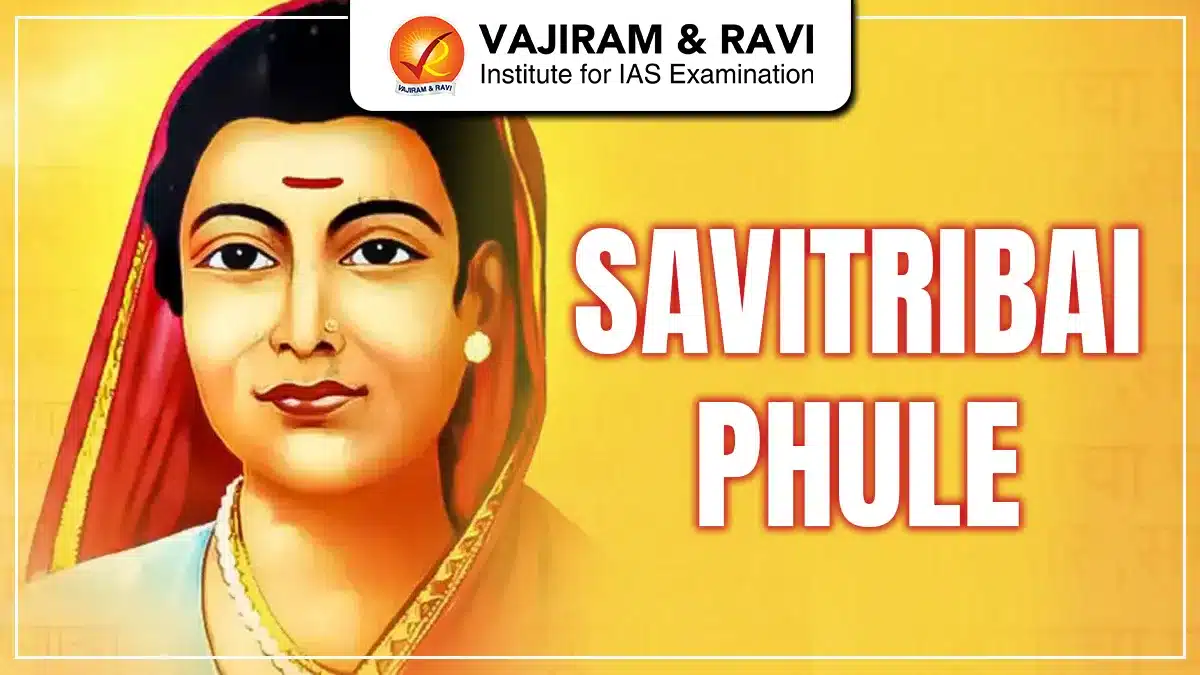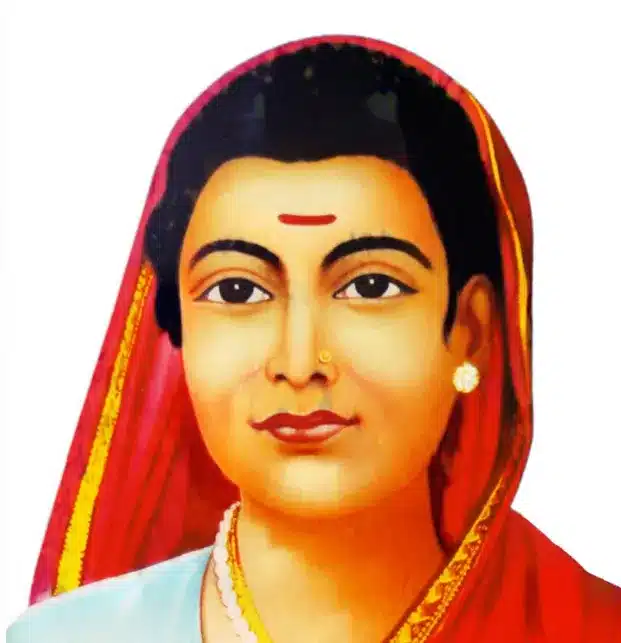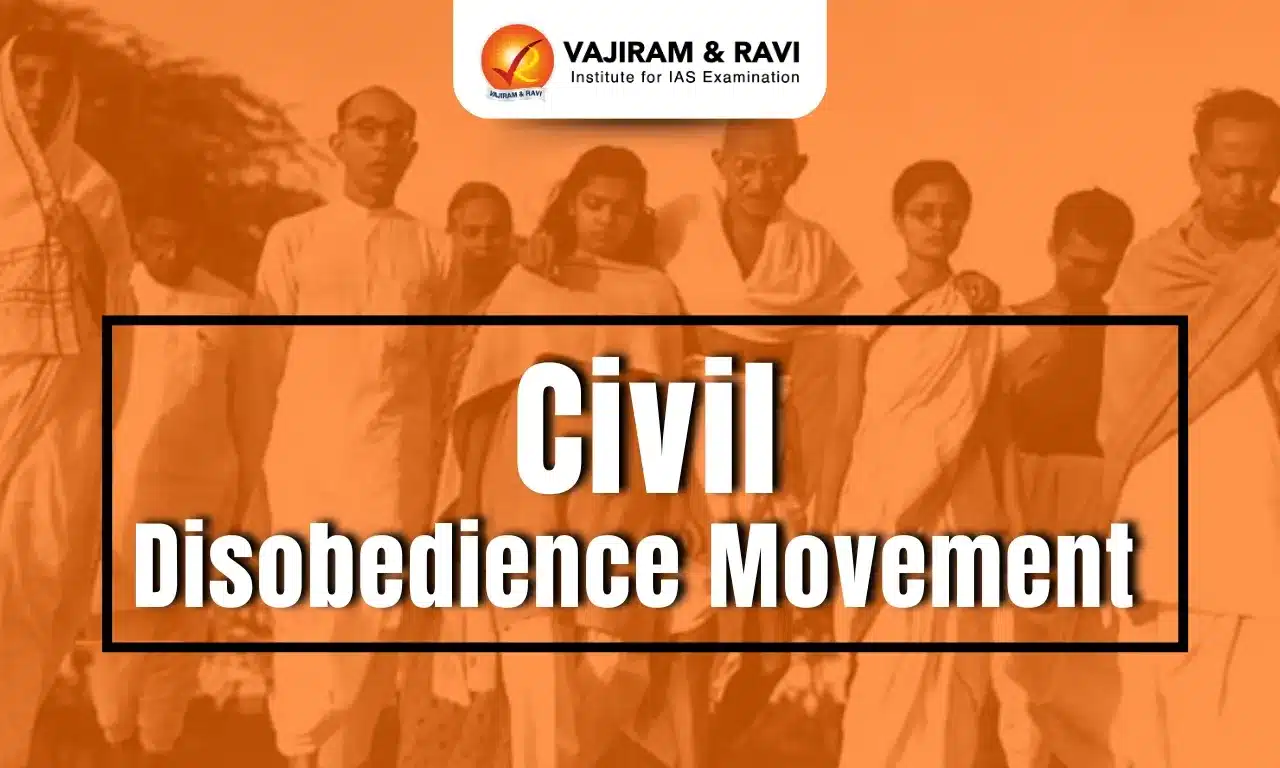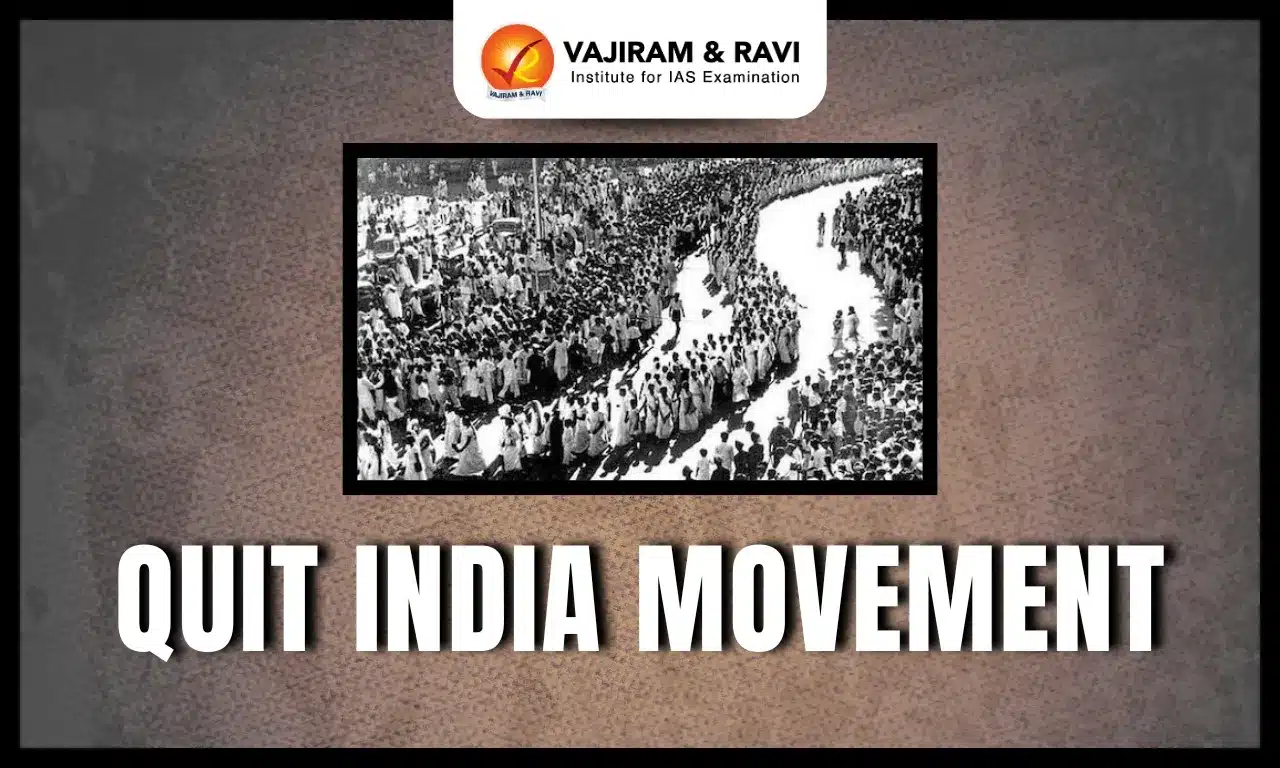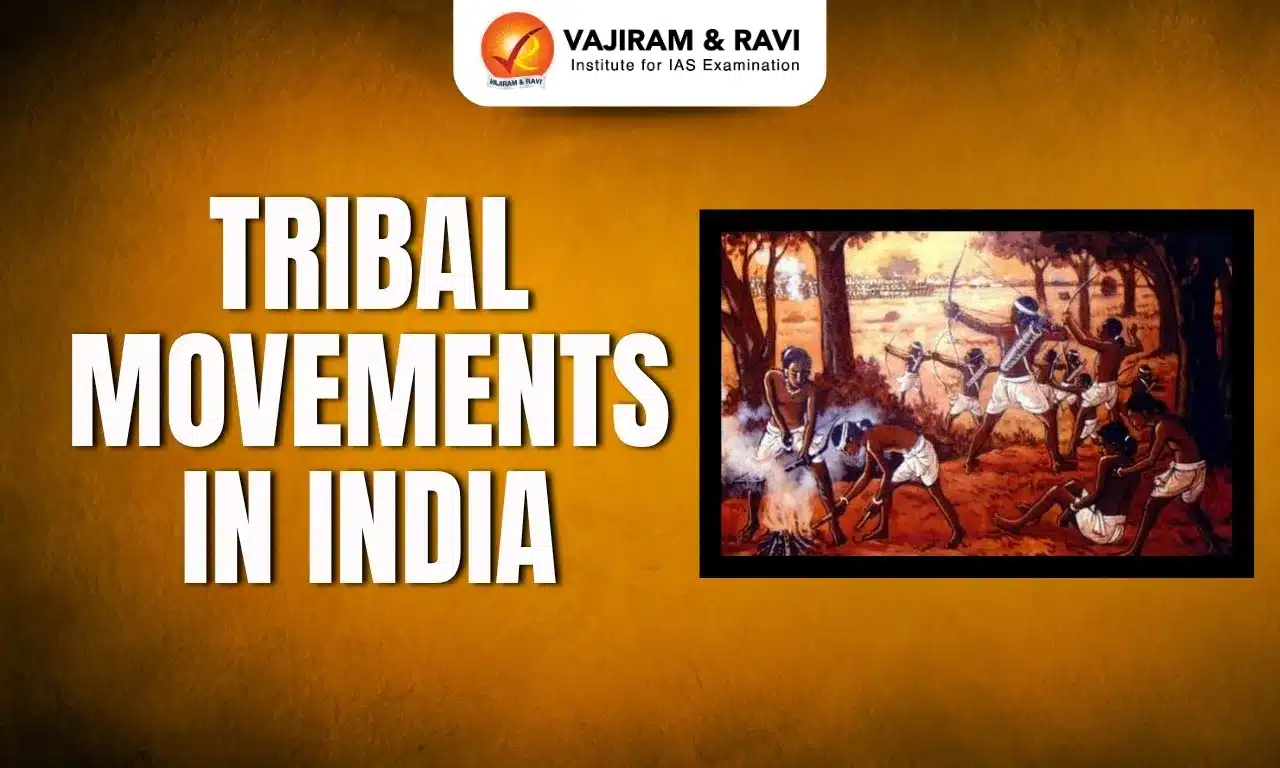Savitribai Phule was a 19th-century social reformer, poet, and key figure in India's freedom movement. Educated by her husband, Jyotirao Phule, she defied societal norms and dedicated her life to empowering women and marginalized communities, becoming a pioneer of women's education in India.
Along with her husband, Savitribai founded the first women's school in 1848 and co-founded the Satyashodhak Samaj in 1873 to promote social equality. She also fought against child marriage, female infanticide, and the Sati tradition, and advocated for widow remarriage and inter-caste marriages.
Savitribai Phule Biography
Savitribai Phule, a 19th-century social reformer and poet dedicated her life to empowering women and marginalized communities. Born on 3 January 1831 in Naigaon, Satara, Maharashtra, she was the eldest daughter of Lakshmi and Khandoji Neveshe Patil. At the age of 9, she married 13-year-old Jyotirao Phule, who would also emerge as a prominent reformer in Maharashtra.
- Savitribai Phule, originally illiterate, was taught to read and write by her husband, Jyotirao Phule, defying societal norms against women's education.
- Despite facing challenges and untouchability, she remained committed to her cause. Savitribai passed away on 10 March 1897 while caring for a bubonic plague patient, leaving behind a legacy that continues to inspire generations.
Savitribai Phule Contribution
Savitribai Phule, a pioneer of women's education in India, started one of the country's first women's schools in 1848 with her husband, Jyotiba Phule. Beyond education, she fought for women's rights, social equality, and reforms like widow remarriage and inter-caste marriages. Savitribai was also a noted poet and social reformer of India. Her contributions have significantly impacted the Role of women in Indian freedom struggle, which can be summarized as follows:
Pioneer of Women’s Education
In the 19th century, education was rare for women. Savitribai and Jyotiba Phule defied social norms by starting India's first women's school in 1848 at Bhide Wada, Pune. Despite opposition, they expanded to three schools with 150 female students by 1851, attracting more girls than government schools.
- However, due to family disapproval of their progressive endeavours, Savitribai Phule and Jyotiba Phule were compelled to leave their home.
- Savitribai furthered her commitment by hiring India's first Muslim woman teacher, Fatima Begum Sheik. They also established educational trusts for marginalized communities.
- In 1852, the British government honoured Savitribai as the best teacher for her contributions to education.
Savitribai Phule Social Reforms
Savitribai Phule established the Balhatya Pratibandhak Griha (1863) to combat the widespread practice of female infanticide, mainly targeting Brahmin widows. She actively opposed child marriage and the Sati tradition, championing the rights of widows to remarry and live independently if they chose.
- Mahila Seva Mandal: Savitribai founded the Mahila Seva Mandal to raise awareness about women's rights, particularly fighting against the inhumane practice of forcibly shaving the heads of widows.
- Satyashodhak Samaj (1873): Together with her husband Jyotirao Phule, she co-founded the Satyashodhak Samaj to promote social equality, fight caste-based discrimination, and champion the rights of marginalized groups, including Dalits and women.
- The organization advocated for reforms such as inter-caste marriages, ending child marriage, and supporting widow remarriage.
Savitribai Phule Literature
In addition to her efforts as a social reformer, Savitribai Phule was a skilled poet. She published Kavya Phule in 1854 and Bavan Kashi Subodh Ratnakar in 1892, along with a notable poem titled "Go, Get Education."
Her work in poetry reflected her commitment to education and empowerment. One of her famous quotes captures her belief in the importance of education: "A woman without education is like a banyan tree without roots or leaves."
Last updated on March, 2026
→ UPSC Notification 2026 is now out on the official website at upsconline.nic.in.
→ UPSC IFoS Notification 2026 is now out on the official website at upsconline.nic.in.
→ UPSC Calendar 2026 has been released.
→ UPSC Final Result 2025 is expected to be released soon.
→ Check out the latest UPSC Syllabus 2026 here.
→ Join Vajiram & Ravi’s Interview Guidance Programme for expert help to crack your final UPSC stage.
→ UPSC Mains Result 2025 is now out.
→ UPSC Prelims 2026 will be conducted on 24th May, 2026 & UPSC Mains 2026 will be conducted on 21st August 2026.
→ The UPSC Selection Process is of 3 stages-Prelims, Mains and Interview.
→ Prepare effectively with Vajiram & Ravi’s UPSC Prelims Test Series 2026 featuring full-length mock tests, detailed solutions, and performance analysis.
→ Enroll in Vajiram & Ravi’s UPSC Mains Test Series 2026 for structured answer writing practice, expert evaluation, and exam-oriented feedback.
→ Join Vajiram & Ravi’s Best UPSC Mentorship Program for personalized guidance, strategy planning, and one-to-one support from experienced mentors.
→ Check UPSC Marksheet 2024 Here.
→ UPSC Toppers List 2024 is released now. Shakti Dubey is UPSC AIR 1 2024 Topper.
→ Also check Best UPSC Coaching in India
Savitribai Phule FAQs
Q1. Why is Savitribai Phule called Krantijyoti?+
Q2. Who did Savitribai marry?+
Q3. On which day Savitribai Phule was born?+
Q4. Who first started girls' education in India?+
Q5. Which poem was written by Savitribai Phule?+

